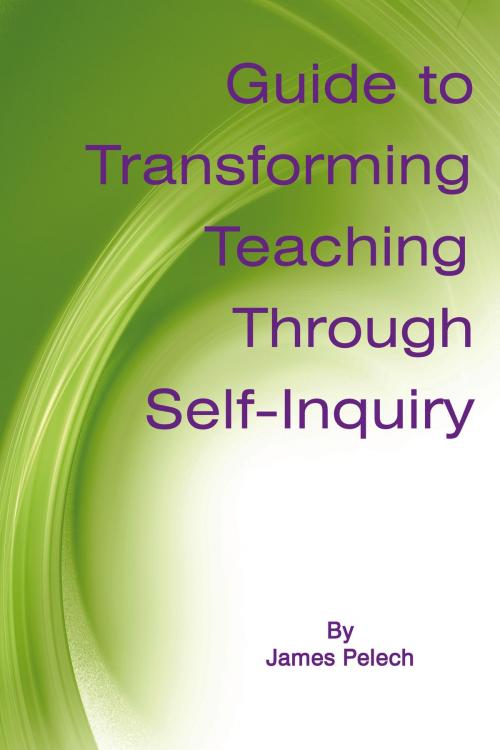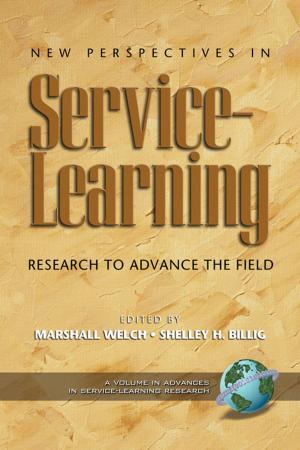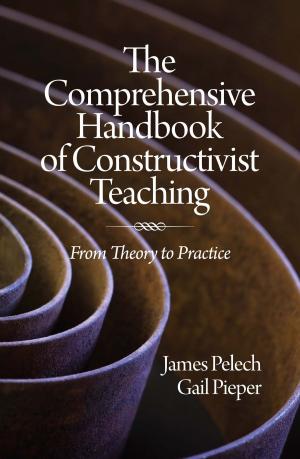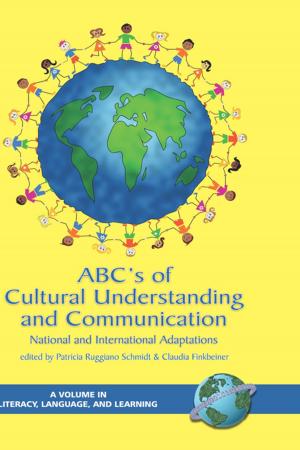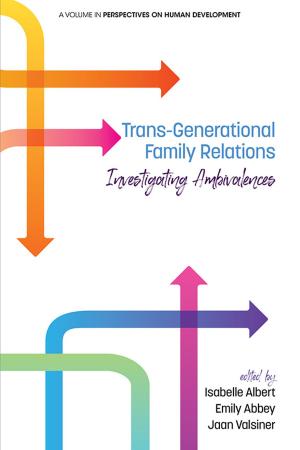Guide to Transforming Teaching Through SelfInquiry
Nonfiction, Reference & Language, Education & Teaching, Teaching, Teaching Methods| Author: | James Pelech | ISBN: | 9781623961619 |
| Publisher: | Information Age Publishing | Publication: | July 1, 2013 |
| Imprint: | Information Age Publishing | Language: | English |
| Author: | James Pelech |
| ISBN: | 9781623961619 |
| Publisher: | Information Age Publishing |
| Publication: | July 1, 2013 |
| Imprint: | Information Age Publishing |
| Language: | English |
In the past twenty years, the importance of reflection has been recognized by all professions, especially the education profession. In the field of education, terms and practices such as reflective practice, action research, joumaling, collaborative observation, professional development, peer observation, and professional portfolios have become organizing units of discussion and practice. This book extends knowledge in the field, not just by providing prompts and examples of "things to do," but also by presenting an organized and cohesive system consisting of definitions, principles, and guidelines that can be used for all reflective practice activities. This system blends ideas and concepts from phenomenology, the Constructivist philosophy, experiential learning, critical reflection, theories on turning knowledge into action, and transformative learning. Moreover, the book creates a logical system for reflective practice that provides a foundation for a framework that organizes teacher transformation through reflection. This system is anchored by the practical examples provided, thus making this book practical for all those interested in improving student learning. The strength of this book is that it is not a recipetype publication; rather it is a cohesive system which creates a rationale for the system, presents the system, and provides many examples. The intended audience includes practitioners, teacher educators, teacher candidates, and administrators.
In the past twenty years, the importance of reflection has been recognized by all professions, especially the education profession. In the field of education, terms and practices such as reflective practice, action research, joumaling, collaborative observation, professional development, peer observation, and professional portfolios have become organizing units of discussion and practice. This book extends knowledge in the field, not just by providing prompts and examples of "things to do," but also by presenting an organized and cohesive system consisting of definitions, principles, and guidelines that can be used for all reflective practice activities. This system blends ideas and concepts from phenomenology, the Constructivist philosophy, experiential learning, critical reflection, theories on turning knowledge into action, and transformative learning. Moreover, the book creates a logical system for reflective practice that provides a foundation for a framework that organizes teacher transformation through reflection. This system is anchored by the practical examples provided, thus making this book practical for all those interested in improving student learning. The strength of this book is that it is not a recipetype publication; rather it is a cohesive system which creates a rationale for the system, presents the system, and provides many examples. The intended audience includes practitioners, teacher educators, teacher candidates, and administrators.
